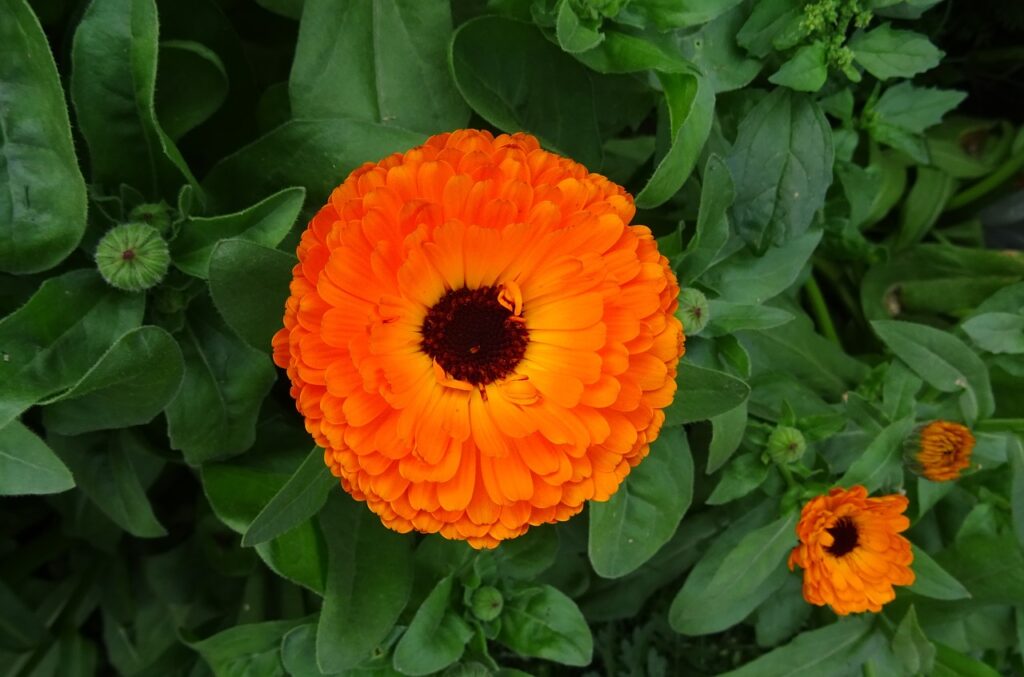Old wive's tales are the folklore and superstitions handed down from generation to generation. Old gardening lore and planting tips gleaned from our grandmothers and mothers of past generations give us a quaint look at the beliefs and gardening practices of our ancestors.
A wide variety of beliefs and superstitions have been associated with various herbs and plants throughout the ages. Certain plants were thought to convey magical power to whomever put them to use in spells, charms, amulets and potions. This information gives us a window to the past regarding the historical beliefs and quaint uses of these herbs which are staple ingredients of our modern-day kitchen.
Love Magic
Here are a few herbs and their magical associations. Use one or more of these ingredients to add flavor and a touch of love to your Valentine’s Day culinary creations.
Basil (Ocimum basilicum) – Basil is one of many herbs that can be added to and used in love spells as it is thought that basil helps to promote peace and harmony between lovers. A container full of basil placed outside of your window was once a signal that a woman was ready to be courted.
Bay (Laurus nobilis) – Bay leaves can be used as a form of love divination to help determine your future mate. Place a few bay leaves inside of a small muslin or cotton bag, preferably red in color. Place this herb bag under your pillow on Valentine’s Day eve. Recite the following love charm prior to going to bed for the evening: “Good Valentine, be kind to me, in dreams let me my true love see.“ Performing this love spell was supposed to cause you to dream about the person you would eventually marry.
Calendula (Calendula officinalis) – This flower could also be used as a form of love divination. The petals were removed from the flower one at a time while reciting ‘he loves me, he loves me not’ to help you determine your future mate. Calendula is also a flower which symbolizes constancy and long lasting love and for these reasons it was often used in wedding bouquets.
Lovage (Levisticum officinale) – Lovage is sometimes known by the folk-name of love ache and was thought to be an useful ingredient to add to love potions and a variety of love spells.
Mint (Mentha spp.) – Hades, the Greek god of the underworld, had an affair with the nymph Menthe. Hades’ jealous wife Persephone found out about the affair and chased after Menthe and violently trod her into the ground. Hades changed Menthe into the plant we know today as mint. To help Hades overcome his grief at losing his lover the mint plant was given a delightful aroma which can be enjoyed anytime the plant is touched or walked upon.

